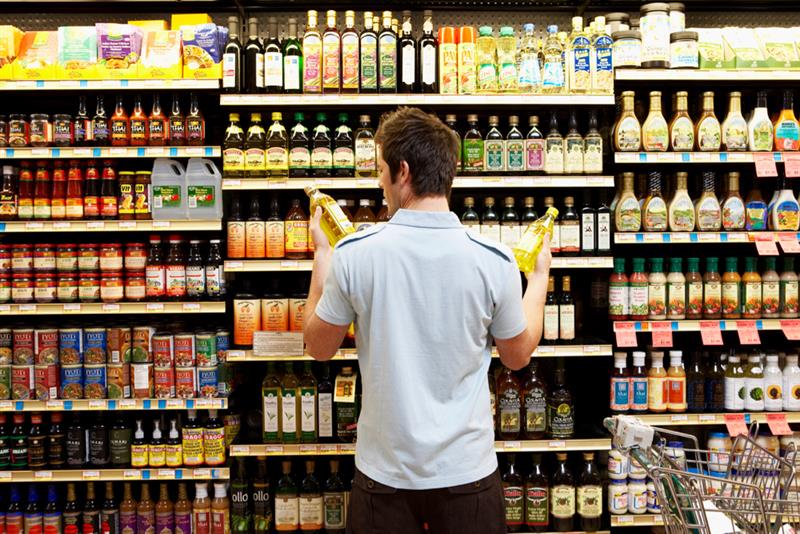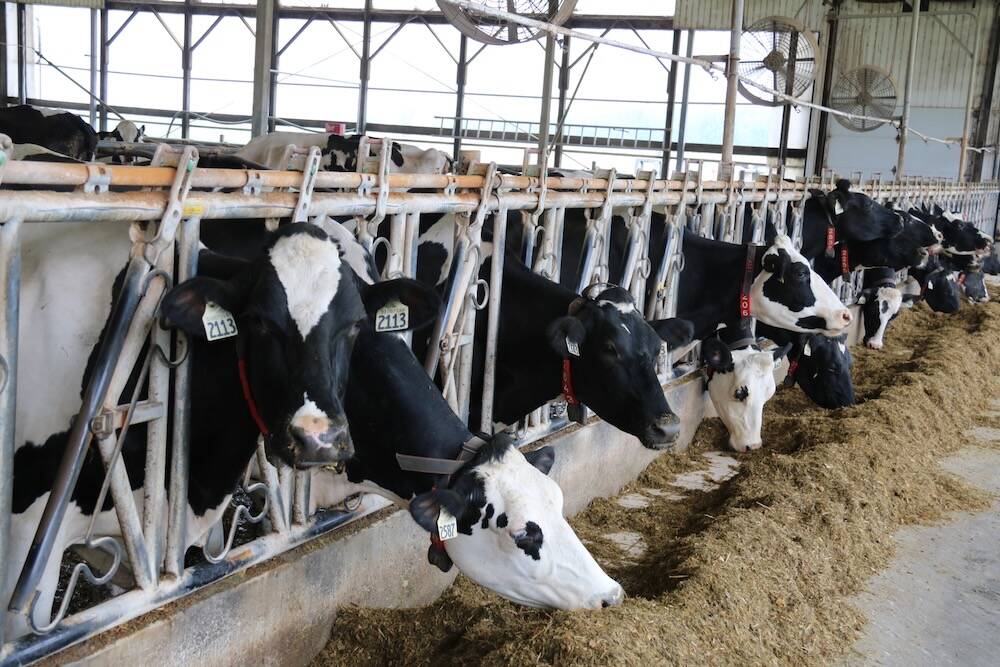Sustainability claims harder to make under updated Competition Act

Companies that make environmental sustainability claims in Canada will have to put up or shut up.
Read Also

Dairy farm milk price drops for 2025
The Canadian Dairy Commission set the farm-gate price for milk in 2025 at 0.0237 per cent lower than in 2024.
Under amendments to Canada’s Competition Act, enacted earlier this year, they will be held more accountable for greenwashing claims that are false or misleading about the environmental impact of a product or entity. The practice has been the subject of much controversy in the food and agriculture sector.
Why it matters: Companies that make environmental claims might find it harder to prove their validity, potentially opening them to legal action.
Whether this is a good thing for food and agriculture companies remains to be seen. As expressed by panelists in a seminar hosted by the Canadian Agri-Food Policy Institute on Oct. 30, the amendments adopted through Bill C-59 could create a more litigious environment, and risk further eroding trust in Canada’s food system.
One amendment to Bill C-59 involves the sources of greenwashing accusations, says Emrys Davis, partner and competition litigation expert with Bennett Jones LLP.
Historically, only the federal government (supported by the Competition Bureau) could levy charges against companies for supposed greenwashing. The process might be slow at times and not catch every violation, Davis says, but it offers a good “filtration mechanism” for spurious accusations.
The Competition Bureau would sometimes try to work with those being accused to overcome shortcomings. Businesses could trust they wouldn’t always go straight to the courtroom if they were trying to do the right thing.
Beginning next June, private parties such as environmental advocacy groups can apply to bring cases forward themselves. Davis says this could open a Pandora’s box of litigation from those motivated by money or political beliefs.
Current circumstances are made more fraught by another amendment that states environmental sustainability claims have to be verified by internationally recognized methodologies — but it’s unclear what qualifies as an internationally recognized methodology.
“Businesses want to avoid crossing lines … but they don’t know where these new lines are,” Davis says. “Even if they don’t know where the lines are, they’re the ones that have to comply with them in advance … prove what they’ve done is on the right side of that line.”
Davis says there are measures in place to prevent private entities from trying to sabotage perceived opponents with greenwashing allegations. A screening mechanism is built into the process, but “how it will screen out cases is uncertain.”
“Private cases can only be brought if the Competition Tribunal decides that they are in the public interest. I expect that the tribunal will consider whether the case is being brought for a private purpose — i.e., to attack a competitor and make more money for one’s own business (versus) for a public purpose.”
Emotion and data
Efforts at building public trust in Canada’s food system have relied on emotional story telling, as well as data to verify the accuracy of a given claim. Jacquie Hoornweg, communications professional, president and managing partner with strategy-management firm Querencia Partners Canada, says companies in food and agriculture will have to double down on both.
The law and legal consequences for false advertising are one thing. The court of public opinion is another, says Hoornweg. Even if not convicted and fined for greenwashing, she warns that companies have to be more cognisant of what simple accusations can do to a brand in an era of instant communication and mass misinformation.
More broadly, she says controversy in this environment creates “a general erosion of public trust — and that can be public trust for the sector. We need to be thinking as an industry more broadly. What is our reputation?”
The solution to this conundrum is greater investment in authenticity (doing what you say and making actions visible) and transparency (giving people the opportunity to validate claims).
There’s no magic mix of efforts that will always prove successful, either. Past experience with communication strategies in the energy sector, for example, showed Hoornweg that people became less trusting if they receive highly detailed advertisements about a company’s environmental policies and commitments.
Conversely, their trust levels rise if ads balance information with story-telling, and where links are provided for anyone wishing to access more data. Regardless, she reiterates companies must be very clear in what they mean when making environmental claims.
Lesser effects possible
Unanswered questions and concerns about public trust aside, another panelist argued agriculture businesses might have to worry about the impacts of Bill C-59 less than those operating in other sectors.
According to Matt Maruca, lawyer and class-action litigation expert, most farmers and agribusinesses are unlikely to invest in multi-million-dollar marketing campaigns that draw environment-related scrutiny. End-user confidence is also very important in agribusinesses, with data about a given product often available to potential customers.
While it may take time for new legal precedents to be set under the Competition Act, he believes the recent amendments will be net-positive for the agriculture industry “when the world comes knocking for safe and reliable food.”
“It’s just going to enhance the need to know your customer,” Maruca says. “No matter where you are — manufacturer, retailer, farmer … you’re going to know ‘do I need to even make a claim like this?’
“Stick to the facts, man. You don’t need to aggrandize.”
Source: Farmtario.com

